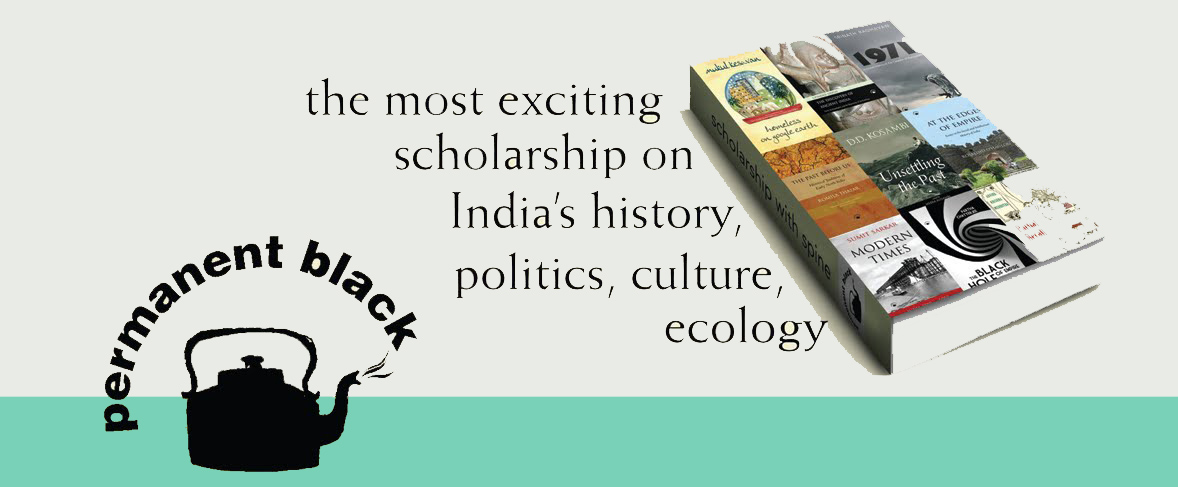Mechthild Guha Danube, Ganges, and Other Life Streams Mechthild Guha, née Jungwirth, was born in 1943 in Germany and grew up in Austria. After a PhD in anthropology at Vienna she journeyed to Sussex for postdoctoral research. England was meant to be a staging point for her return to West Africa, where she had spent several months, and about which she published a book—on the history of Benin. Meeting Ranajit Guha at the University of Sussex changed all her plans. They married, lived for a time in England, then moved to Delhi, and then went to Canberra. Now retired, they live close to the Vienna woods. Of this short but deeply thoughtful memoir Mechthild Guha says: “It had never occurred to me that it would be possible to pack the memory of seventy years into a few pages. Nevertheless, out of an eventful and varied life, I have tried to select those aspects which not only speak of me but also the many people and places that make up my memories.” A lover of nature, c
